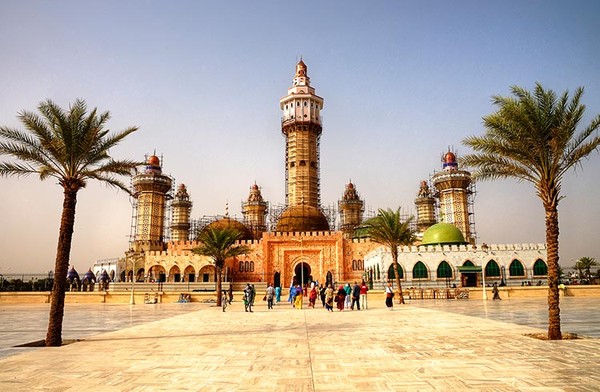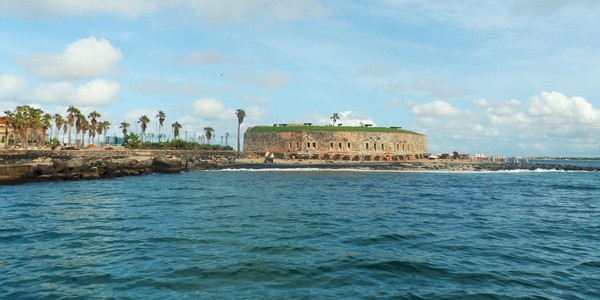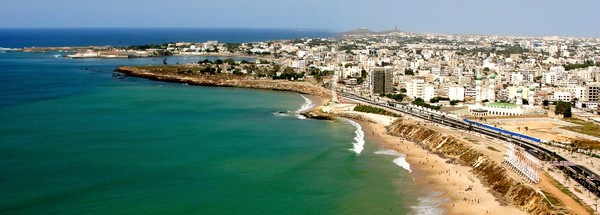States Ambassador Diallo of Senegal at an interview with The Korea Post media
By Publisher-Chairman Lee Kyung-sik with VC Choe Nam-suk, Editor Kevin Lee
Ambassador Abdou Salam Diallo of the Republic of Senegal said, “The 4th day of April is a particularly important moment in the history of Senegal celebrating the anniversary of its accession to international sovereignty.”
In an interview with The Korea Post media, publisher of 3 English and 2 Korean-language news publications since 1985, Ambassador Diallo said, “For Senegal, this date represents its full sovereign status as a member of the international community and it is also the occasion to celebrate national heroes and strengthen the sense of national unity.”
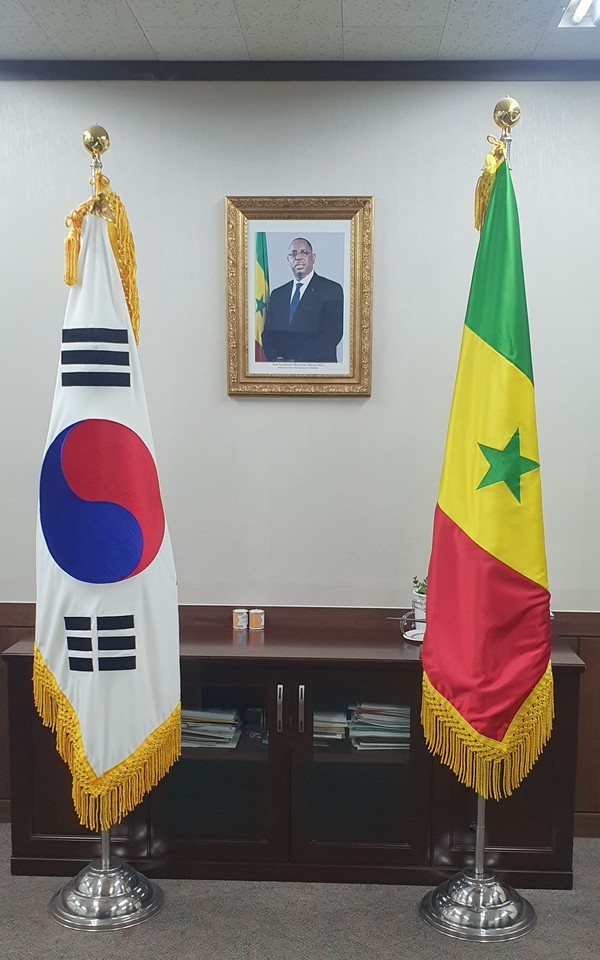
On the bilateral relations, especially in the economic area, Ambassador Diallo said: “I wish to welcome the Korean businessmen and economic operators to my country. Indeed, several companies are showing particular interest in exploring investment opportunities on the Senegalese market. It is no other than this interest that encouraged more than 15 Korean companies to settle in Senegal.”
Ambassador Diallo specifically cited the agri-food industry, infrastructure, mining industries, tourism, and information-communication technology.
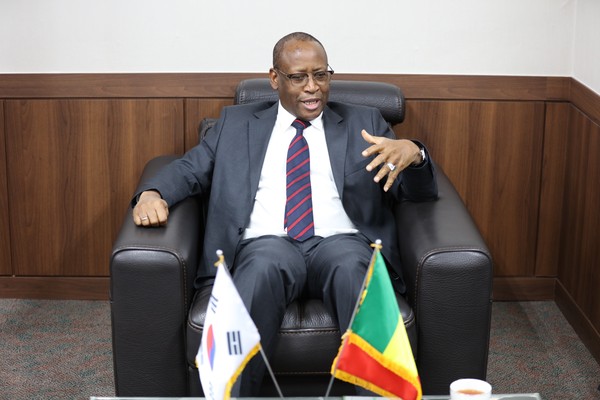
Ambassador Diallo especially noted, “Senegal is a country rapidly developing in information and communication technologies and investments in this sector are encouraged by the government, which offers tax advantages to stimulate investment in ICT.” (See details of the interview with Ambassador Diallo in a question-and-answer format in this report.)
The Republic of Senegal is a very important country to the Republic of Korea and this is well exemplified in the introduction of the country by the Republic of Korea Ministry of Foreign Affairs. According to introductory materials of the Ministry regarding Senegal, this country is an exemplary democracy that has undergone regime change through democratic elections since her independence in 1960.
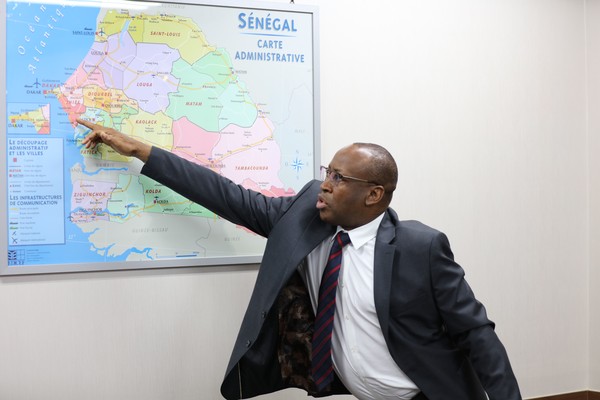
Based on this political stability, the Senegalese government is ambitiously pursuing the "Emerging Senegal Plan" (Plan Senegal Emergent) to become a middle-income developing country by 2035.
In addition, Senegal is an open country with a long history and boasts a tradition of hospitality called "Teranga" and various cultures. It is also well known as 'Senegal Hairtail' in Korea.
Relations between Korea and Senegal have continued to develop since the establishment of diplomatic relations in 1962, and the 2015 visit of President Makisal to Korea and the summit between President Moon Jae-In and President Makisal in September 2017 served as an opportunity to further strengthen friendly relations between the two countries.
Today, bilateral relations, such as cultural exchanges, as well as economic and development sectors, are becoming closer and more developed.
Korea will continue to do her best not only to develop bilateral relations but also to promote and increase cooperation, friendship and international fields, including the political, economic, cultural and various other fields.
Details of interview with Ambassador Abdou Salam Diallo:
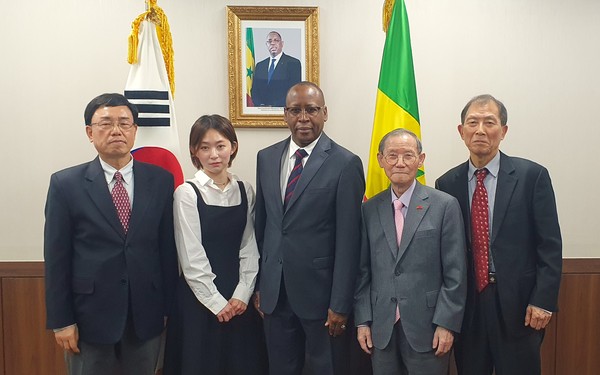
Question: What are the significant aspects of the Independence Day of the esteemed country of Your Excellency?
Answer: First of all, let me express my heartfelt thanks to The Korea Post for showing interest to Senegal, by devoting an important section of this month’s edition to a special report on my country.
To come back to your question, I would like to remind you that the date of April 4th is a particularly important moment in the history of Senegal celebrating the anniversary of its accession to international sovereignty.
For Senegal, this date represents its full sovereign status as a member of the international community. It is also the occasion to celebrate national heroes and strengthen the sense of national unity.
Senegal celebrates April 4th every year, in Dakar, through a civil and military parade in the presence of the Head of State, the Government, the constituted bodies, the Diplomatic Corps accredited to Senegal and many citizens.
The Independence Day is also called ‘Youth and Army Day’ since it gives to the military and students an opportunity to parade proudly in front of the population crowding along the boulevard where the ceremony is organized.
It is also celebrated in other major cities of the country under the direction of the administrative authorities.
The celebration event is often associated with the presentation of decorations to the citizens deserving national recognition, both in the public and private sectors.This strong mobilization of all strata of the country demonstrates the importance of this date for the Senegalese people in many respects.
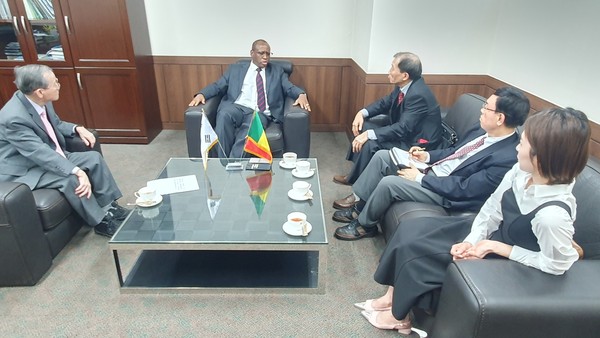
Q: Please introduce the major industry and unique products of Senegal.
A: Senegal has a relatively diversified economy with several important industrial sectors. Major industries of Senegal include:
--Mining industry:
The mining industry is booming in Senegal thanks to significant reserves of minerals such as gold, phosphate, iron, zircon, titanium, as well as considerable reserves of oil and natural gas.
Gold mining is one of the main mining activities, including the ‘Sabodala mine’, which is the largest gold mine in the country.
Phosphate is also an important resource for the Senegalese economy. The Taiba mine produces around 1.3 million tons of phosphate per year and the Matam mine launched its production in 2019.
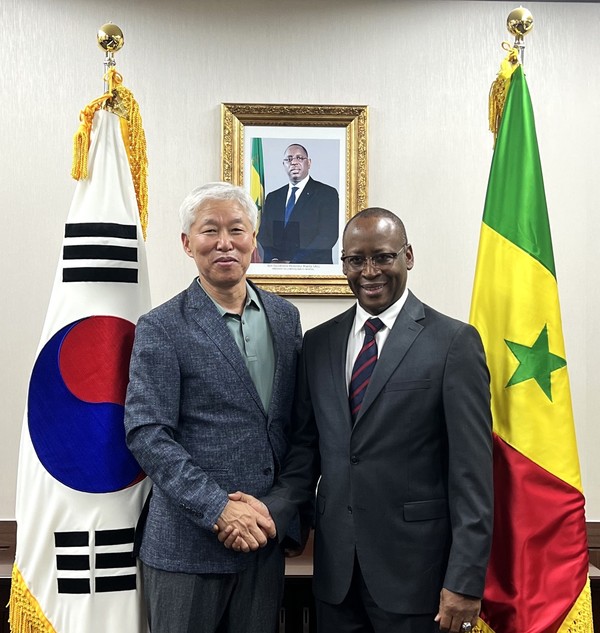
Senegal has also experienced strong growth in the exploitation of zircon and titanium, with the ‘Grande Cote mine’, which is one of the largest mineral sand mines in the world.
The Senegalese government has implemented reforms to attract foreign investment and develop necessary infrastructure in the mining industry. For example, it created a special economic zone for mining companies and launched a railway project to link iron mines in the south of the country to the port of Dakar.
With regard to oil and gas, exploitation began this year in the territorial waters, particularly in the offshore block called ‘Grand Tortue Ahmeyim’ that Senegal shares with Mauritania.
The first oil and gas deposits were discovered in 2014 in the coastal waters of Senegal. Since then, other discoveries have been made, in particular the offshore blocks of Rufisque and Sangomar. Total reserve of the theses two blocks is estimated at more than 950 million barrels.
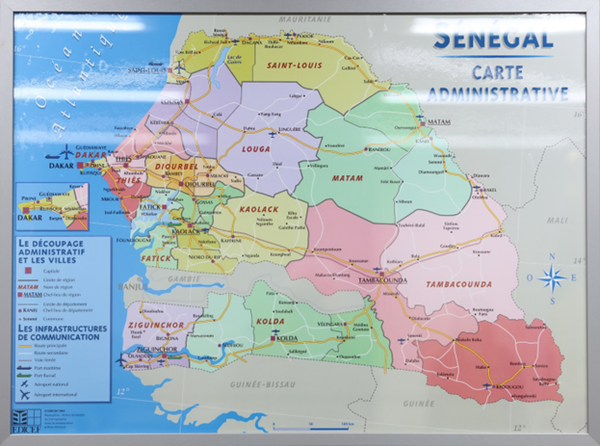
Along with these discoveries, the Senegalese Government has signed agreements with international companies to exploit oil and gas reserves and has created a national steering council to manage the production and marketing of these resources in order to better ensure that its population benefits from these resources,
It should also be noted that the development of the oil and gas industry in Senegal is still at an early stage, and it will take time to exploit the reserves and fully realize economic benefits. I cease this opportunity to appeal to Korean companies for supporting and accompanying the Senegalese Government by investing in the above-mentioned promising sectors.
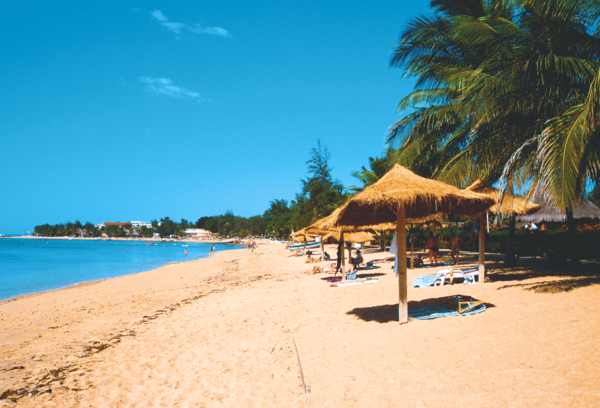
--Fishing industry:
The fishing industry is one of the key sectors of the Senegalese economy. It represents approximately 3% of GDP and directly or indirectly employs nearly 600,000 people.
The main species captured in Senegal are tuna, sardines, mackerel, langoustine and shrimp. Artisanal fishing represents the majority of fish production, with thousands of small traditional fishing boats operating along the coast. Industrial fishing is also important, with modern fleets and foreign companies operating off the coast.
To better support the sector, the Senegalese government has adopted regulations to improve the management of fisheries resources and protect the rights of local fishermen. It has also taken measures to limit overfishing, prohibit the fishing of certain species during spawning periods, strengthen monitoring and control capacities and encourage cooperation between artisanal fishermen and industrial fishing companies.
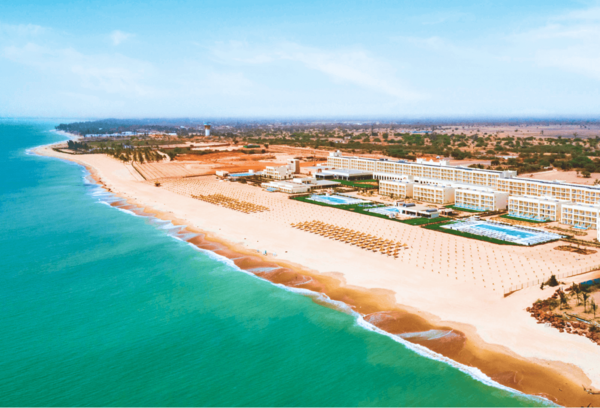
The fisheries in Senegal have also experience growth in the sectors of processing and commercialization of seafood. Local and foreign companies have begun to invest in processing plants and refrigeration facilities to prepare and export fish and seafood.
--Agri-food industry:
Senegal produces groundnuts, rice, millet, corn and cotton. The agri-food industry transforms agricultural products into processed food such as peanut oil, processed cereals, fruit juices, etc.
It employs a large part of the population and contributes to the economic growth of the country. Food products are also exported to neighboring countries.
In recent years, local agribusiness has gradually developed, in particular thanks to policies promoting the local processing of agricultural products.
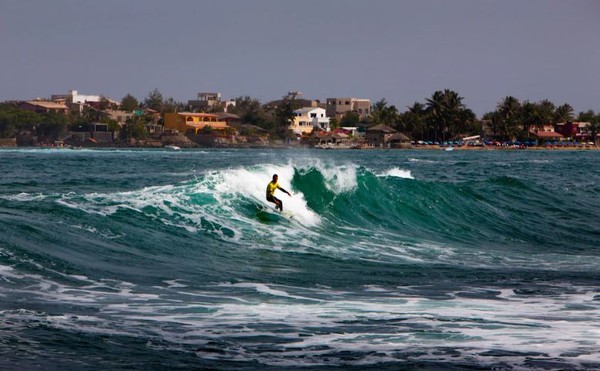
Senegal is also committed to meeting major challenges to improve the competitiveness of its agri-food industry. These challenges include modernization of infrastructure, establishment of international quality standards, training of workers, access to financing, regulation and promotion of private investment.
--Tourism industry:
Senegal is a prominent tourist destination in West Africa due to its cultural heritage, beaches and natural reserves. The country is equipped with a good infrastructure which includes hotels, restaurants and tourist sites.
Like many countries, Senegal has had to completely review the model and targets of its tourism policy by integrating eco-responsible tourism and diversifying tourist offer in order to reach different audiences.
At the same time, the country has initiated several hotel and airport infrastructure development projects. An important part of these project is devoted to the restructuring program for regional airports.
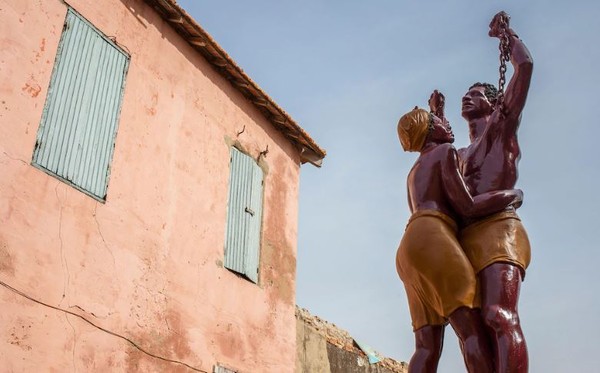
The development of these infrastructures will allow tourists arriving in Dakar to move more easily to the heart of the country, and discover the various landscapes and stories that our country offers.
You can also enjoy diverse and numerous activities which could satisfy different types of visitors from business travelers to water sports enthusiasts.
For those interested in the history of Senegal, it is recommended to visit sites such as the House of Slaves on the Goree Island or the Museum of Black Civilizations, a constant reminder of the Africa’s contribution to the world cultural and scientific heritage.
You cannot leave Senegal without visiting the Sine Saloum region, a hybrid territory, listed as a UNESCO World Heritage Site, famous for its green landscapes and multicolored salt pools of Palmarin. The Saloum Delta Natural Park is the ideal place to learn Kitesurfing. Rich in beaches dotted with palm trees, multitudes of islets and tiny inlets, the Saloum Delta is a cocoon of calm and serenity in the heart of Senegal.
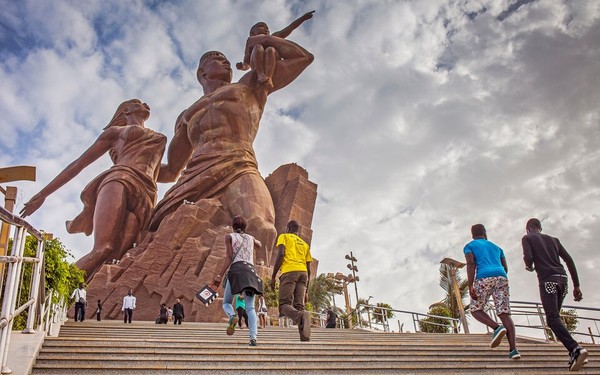
Q: Please introduce investment environment in Senegal and special favors to potential Korean investors.
A: The investment environment in Senegal is very attractive. This investment-friendly environment is fostered by several factors, including:
--political and institutional stability of the country
--diversified economy as above-mentioned
--Investment opportunities in different sectors
--strategic geographical position which makes the country a sub-regional economic hub.
In addition to these factors, the investment environment in Senegal benefits from other key elements that make it even more attractive, in particular the establishment of a favorable and incentivizing legal and regulatory framework.
--Legal and regulatory framework
Senegal has a legal and regulatory framework favorable to foreign investors. The Bill No. 2004-06 of February 6, 2004 related to foreign investment, public-private partnership and promotion of export constitutes its backbone.
The Investment Code offers tax advantages by the tax credit and the suspension of VAT.
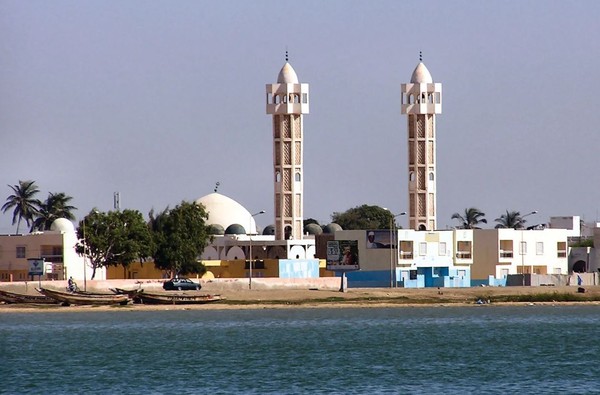
These advantages have been reinforced by the establishment of Special Economic Zones (SEZs). The incentive measures applicable to Senegal's ZES, governed by the Bill 2017-07 aligned with international best practices, specifies, in particular, the tax and customs advantages offered to the companies that have benefited from an authorization issued by the Administrator of the ZES, the Agency for the Promotion of Investments and Major Infrastructure (APIX).
In addition to these incentives, Senegal has relatively well-developed infrastructure, particularly in terms of transport (roads, airports, ports) and energy (electricity and gas).
The other asset of the country would reside in its qualified and accessible workforce. Indeed, Senegal has the workforce relatively well-trained in professional training centers, particularly in the sectors of agriculture, energy, ICT and financial services.
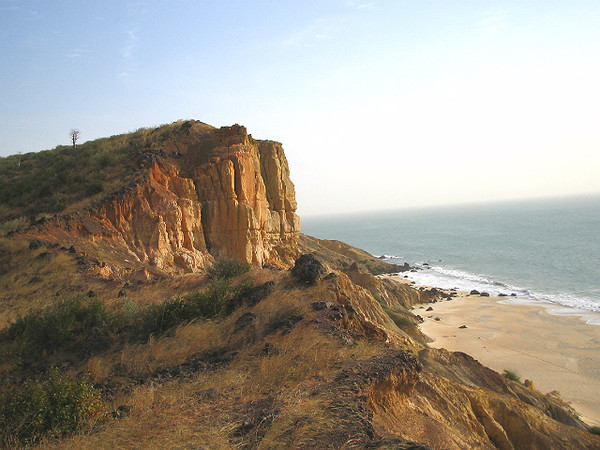
Q: What industrial sectors in Senegal do you think would be the most attractive to Korean potential investors?
A: On this specific point, I wish to welcome the interest that Korean businessmen and economic operators take in my country. Indeed, several companies are showing particular interest in exploring investment opportunities on the Senegalese market. It is no other than this interest that encouraged more than 15 Korean companies to settle in Senegal.
In this light, it should be noted that various sectors could interest Korean investors, including Agri--industry, infrastructure, mining industries, tourism and ICT.
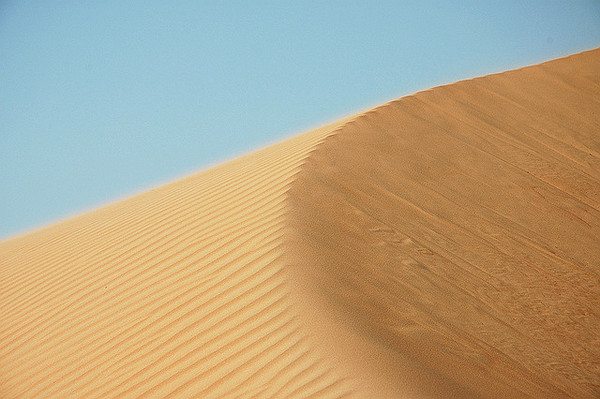
--Agri-food industry:
Senegal has a dynamic and diversified agricultural sector with significant potential for the production of fruits, vegetables, cereals, etc. There are many investment opportunities in this sector, including the production of vegetable oils, flours, dairy products, fruit juices, processing of fish products, etc.
--Infrastructure:
With regard to infrastructure, Senegal has a booming market in transport infrastructure, renewable energies, telecommunications, etc. The Senegalese government encourages investments in these sectors and, as I have just mentioned, established policies and tax incentives to stimulate them.
--Mining industries:
With significant mineral resources, including gold, iron, phosphate and zircon, the Government of Senegal encourages investment in exploration and mining and offers tax advantages to stimulate the expansion and development of this sector.
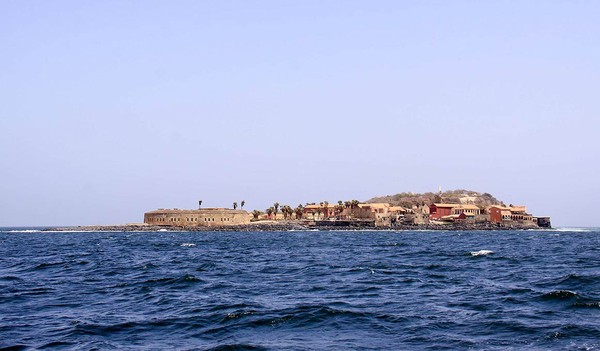
--Tourism:
Senegal has significant potential for the development of tourism, with its historical sites, white sand beaches, natural parks and cultural festivals. The Government of Senegal encourages investments in the tourism industry by establishing policies to develop tourist infrastructure and tourist activities,
--Information and communication technologies (ICT)
Senegal is a country rapidly developing in information and communication technologies. Investments in this sector are encouraged by the government, which offers tax advantages to stimulate investment in ICT.
These are the most attractive sectors for foreign investors in Senegal, but there are also investment opportunities in other sectors such as health, education, manufacturing, etc. The Senegalese government encourages foreign investment in these various sectors to stimulate economic growth and create jobs.
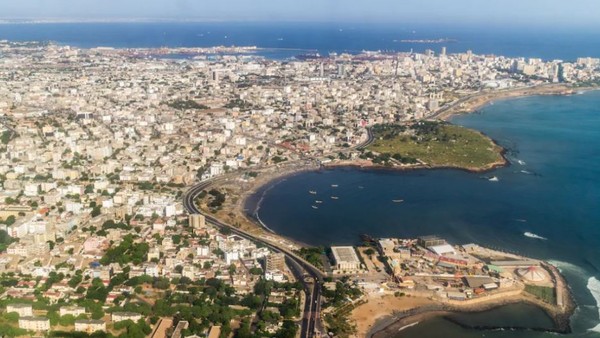
Q: Please introduce the outstanding Korean companies in Senegal.
A: The Korean private sector is represented in Senegal by companies such as Dongwon with Capsen and SCASA, Grand Bleu, Darling and Sencor, etc. However, given the existing potential, a lot of efforts can still be made in this direction.
This is the reason why the Embassy is planning, as part of its activities, to organize, in June 2023, if all the conditions are met, the Economic and Cultural Days of Senegal intended, on the one hand, to present all the investment opportunities of the country in order to attract the maximum of Korean companies and, on the other hand, to put in contact the Korean companies with their Senegalese counterparts for the development of fruitful partnerships between the two private sectors.
Q: Please introduce your suggestions on how to further strengthen the economic ties between Senegal and Korea in the years to come.
A: Economic ties between Senegal and Korea are constantly developing and present great opportunities for more progress to both countries.
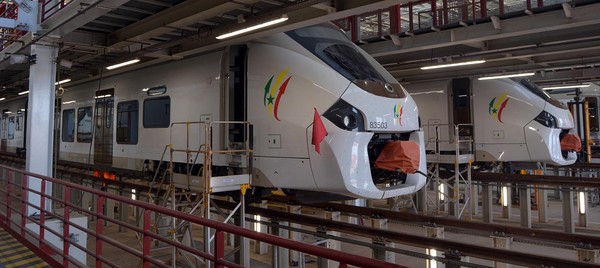
However, Dakar - Seoul axis could be further stimulated with a view to increasing trade, encouraging investment and strengthening cooperation in sectors generating wealth and development, such as those I have mentioned above.
Therefore, it would be appropriate for the two countries to put more efforts to facilitate trade and promote exports and imports.
In terms of investments, the two Governments could increasingly encourage Korean businessmen to direct their capital to Senegal given the potential of the Senegalese and West African markets.
Strengthening economic ties would also involve increasing cultural exchanges between the two countries, such as the promotion, on both sides, of cultural events, exchange programs between universities and training programs.
